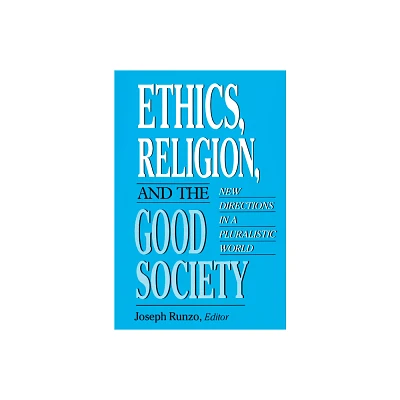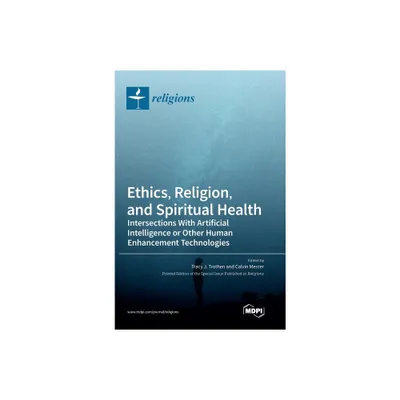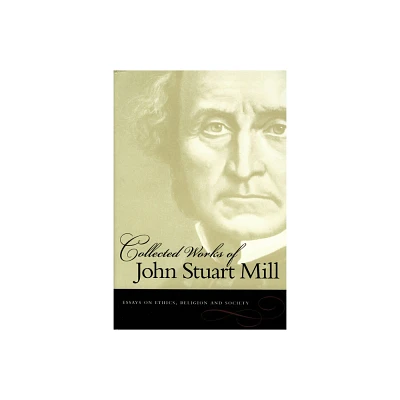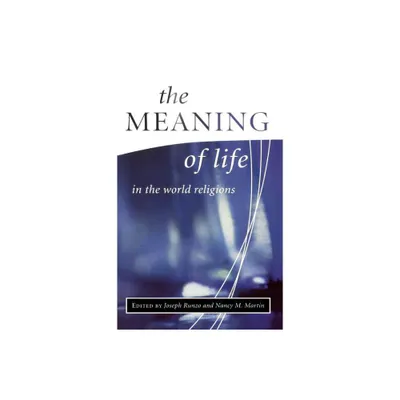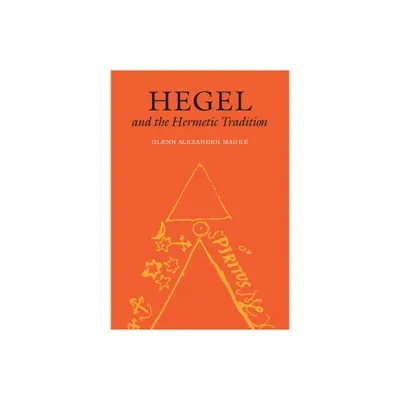Home
Freedom and Tradition Hegel: Reconsidering Anthropology, Ethics, Religion
Loading Inventory...
Barnes and Noble
Freedom and Tradition Hegel: Reconsidering Anthropology, Ethics, Religion
Current price: $35.00


Barnes and Noble
Freedom and Tradition Hegel: Reconsidering Anthropology, Ethics, Religion
Current price: $35.00
Loading Inventory...
Size: Paperback
*Product Information may vary - to confirm product availability, pricing, and additional information please contact Barnes and Noble
Freedom and Tradition in Hegel
stands at the intersection of three vital currents in contemporary ethics: debates over philosophical anthropology and its significance for ethics, reevaluations of tradition and modernity, and a resurgence of interest in Hegel. Thomas A. Lewis engages these three streams of thought in light of Hegel’s recently published
Vorlesungen über die Philosophie des Geistes
. Drawing extensively on these lectures, Lewis addresses an important lacuna in Hegelian scholarship by first providing a systematic analysis of Hegel’s philosophical anthropology and then examining its fundamental role in Hegel’s ethical and religious thought.
Lewis contends that Hegel’s anthropology seeks to account for both the ongoing significance of the religious and philosophical traditions in which we are raised and our ability to transcend these traditions. Pursuing the implications of the integral role of practice in Hegel’s anthropology, Lewis argues for a more progressive interpretation of Hegel’s ethics and a “Hegelian” critique of Hegel’s most problematic statements on political and social issues. Lewis concludes that Hegel offers a powerful strategy for reconciling freedom and tradition.
This fresh interpretation of Hegel’s work provides a challenging new perspective on his ethical and religious thought. It will be of significant value to students and scholars in religious studies, philosophy, and political theory.
stands at the intersection of three vital currents in contemporary ethics: debates over philosophical anthropology and its significance for ethics, reevaluations of tradition and modernity, and a resurgence of interest in Hegel. Thomas A. Lewis engages these three streams of thought in light of Hegel’s recently published
Vorlesungen über die Philosophie des Geistes
. Drawing extensively on these lectures, Lewis addresses an important lacuna in Hegelian scholarship by first providing a systematic analysis of Hegel’s philosophical anthropology and then examining its fundamental role in Hegel’s ethical and religious thought.
Lewis contends that Hegel’s anthropology seeks to account for both the ongoing significance of the religious and philosophical traditions in which we are raised and our ability to transcend these traditions. Pursuing the implications of the integral role of practice in Hegel’s anthropology, Lewis argues for a more progressive interpretation of Hegel’s ethics and a “Hegelian” critique of Hegel’s most problematic statements on political and social issues. Lewis concludes that Hegel offers a powerful strategy for reconciling freedom and tradition.
This fresh interpretation of Hegel’s work provides a challenging new perspective on his ethical and religious thought. It will be of significant value to students and scholars in religious studies, philosophy, and political theory.

